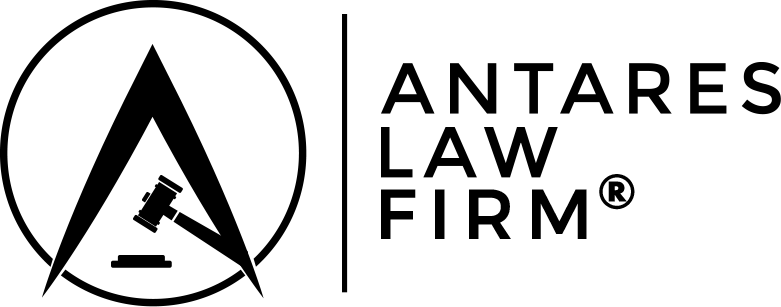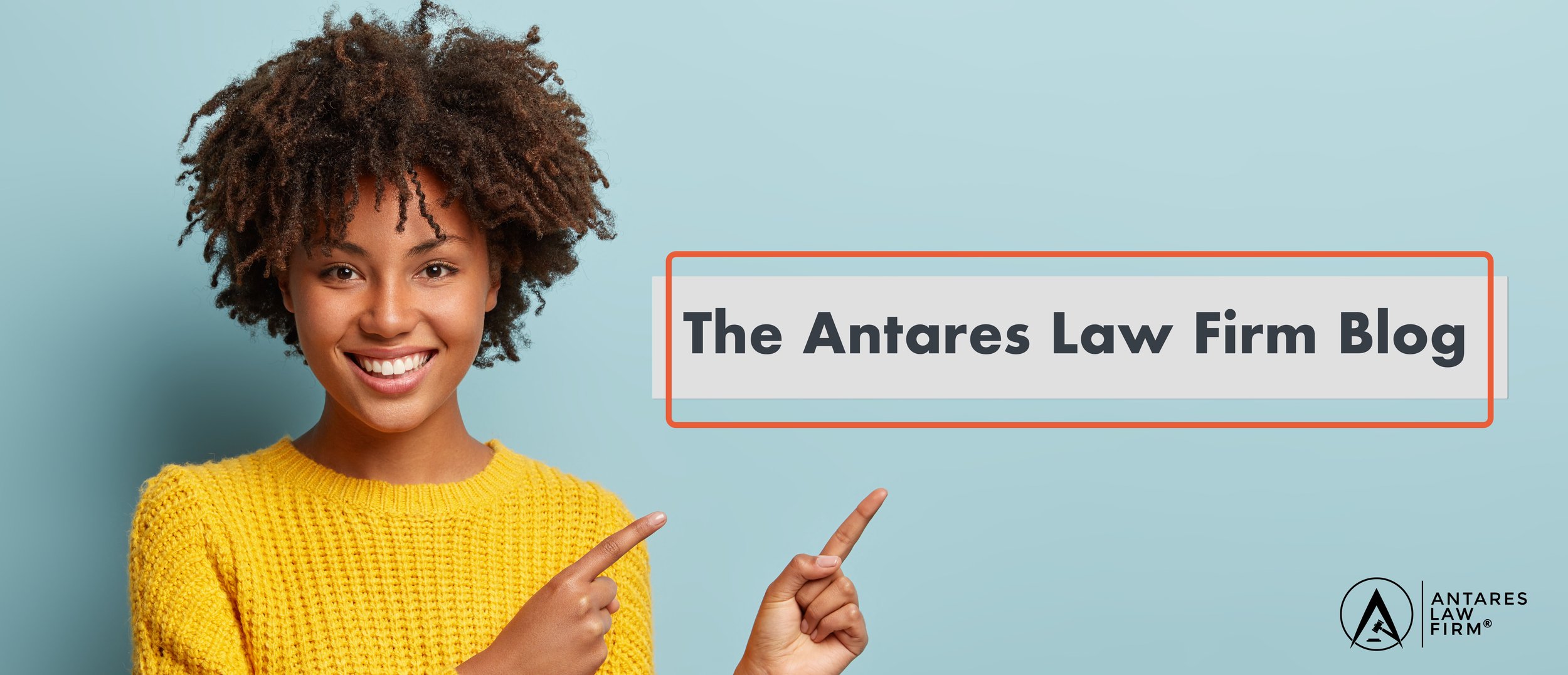When’s the right time to use an NDA?
So here's the tea, confidentiality and non-disclosure agreements, generally known as an non-disclosure agreements, or NDAs, are important agreements used to protect sensitive information and proprietary ideas.
Websites that offer template NDAs may not protect you. The problem with using templates is that many on the internet are generic and will likely fail to meet your requirements. If your agreement encounters scrutiny in court as a result of a violation of the NDA, there’s a high risk that your agreement will be considered to be “void for vagueness” if the used definitions are unclear or do not address your business' needs.
Your NDA should include all relevant third parties. Disclosing Parties are often so focused on protecting themselves, that they neglect to look and take into consideration other parties who may be included. For instance, you may be contracting with a developer to assist you in creation of a new software program. The developer probably does not work alone and may have third parties work for or with her in providing services. If your NDA does not hold such third parties to confidentiality standards, you risk losing your business' secret sauce. Again, we encourage you to work with an attorney in drafting an NDA that is right for you and your business.
Finally, don't wait to sign an NDA. Most entrepreneurs want to wait to sign an NDA when the discussion gets more "serious." The problem is that if you disclose sensitive, secret information prior to signing an NDA, your discussion may not be protected under a future NDA you may sign. Although business strategy and negotiation vary based on industry, it may be beneficial to sign an NDA agreement upfront with potential business partners, employees, and contractors.
-Laila Ghauri, Esq., Principal Attorney, Antares Law Firm



